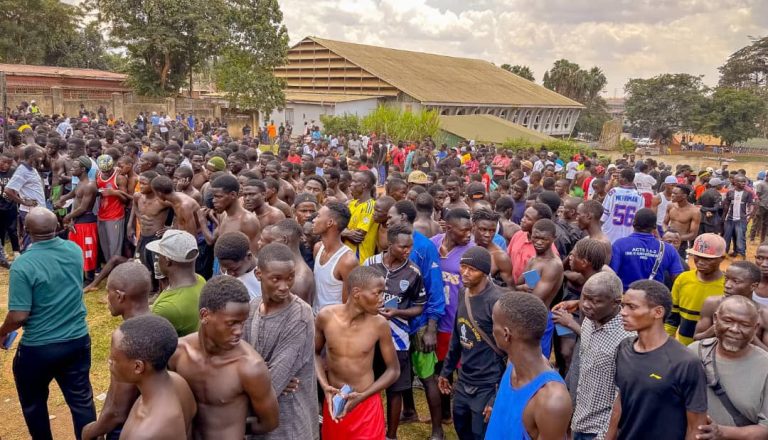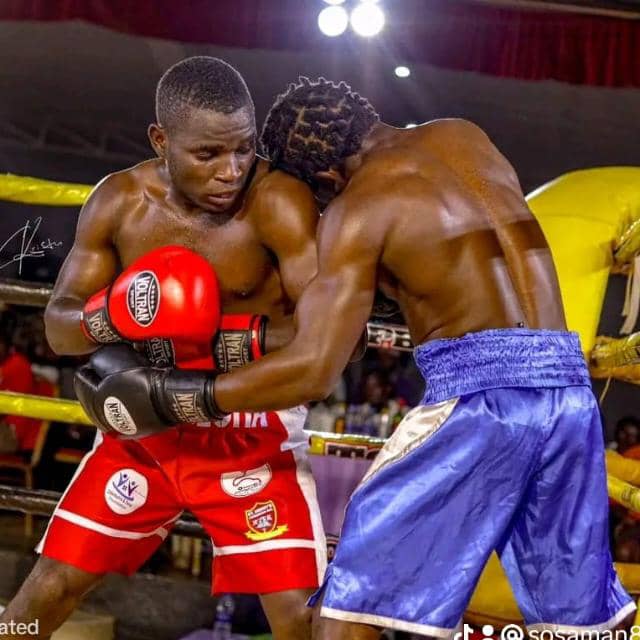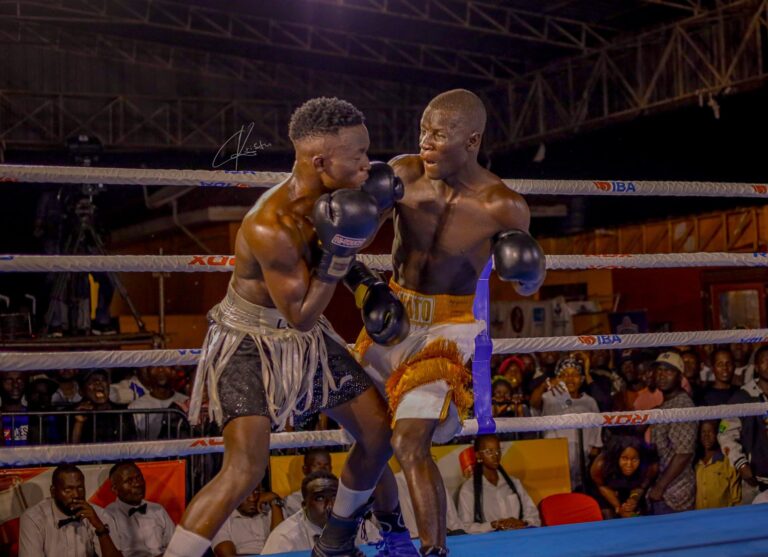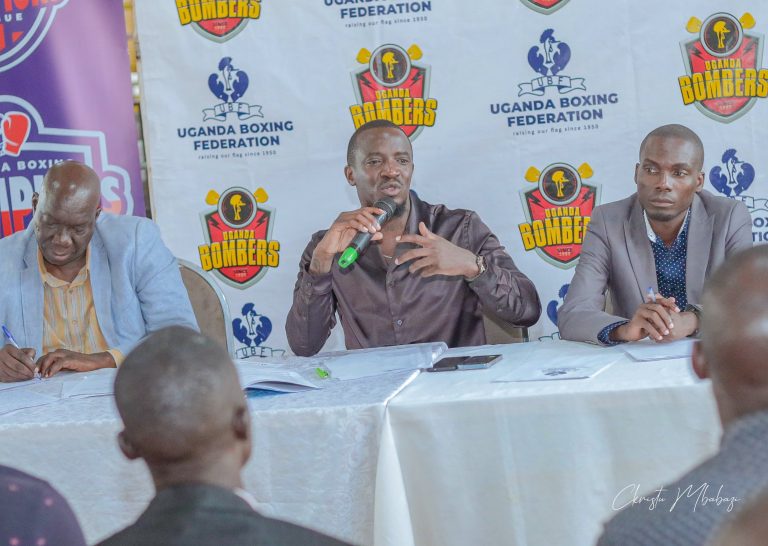
UBF AGM passes 15B budget for the next financial year
The Uganda Boxing Federation (UBF) successfully hosted its ordinary annual general assembly on Thursday, December 26, 2024, at the UMA Show Grounds in Lugogo, Kampala.
The event, attended by the executive committee led by Federation President Moses Muhangi, focused on addressing key issues that arose throughout the year.
President Muhangi emphasized the importance of budget allocation, stating, “This budget is divided into funded and unfunded priorities.
The funded priorities, totaling 2.8 billion shillings, cover essential expenses like hosting novice, intermediate, and national open events, paying salaries, and renting premises.
On the other hand, unfunded priorities include ambitious projects like building a stadium for boxing and purchasing gyms across the country.
Although these initiatives are crucial for the sport’s growth, securing funds for them is uncertain.”
The UBF’s budget for the next financial year stands at 15 billion shillings, with 2.3B funded priorities as the federation aiming to allocate resources effectively to support its growth and development.
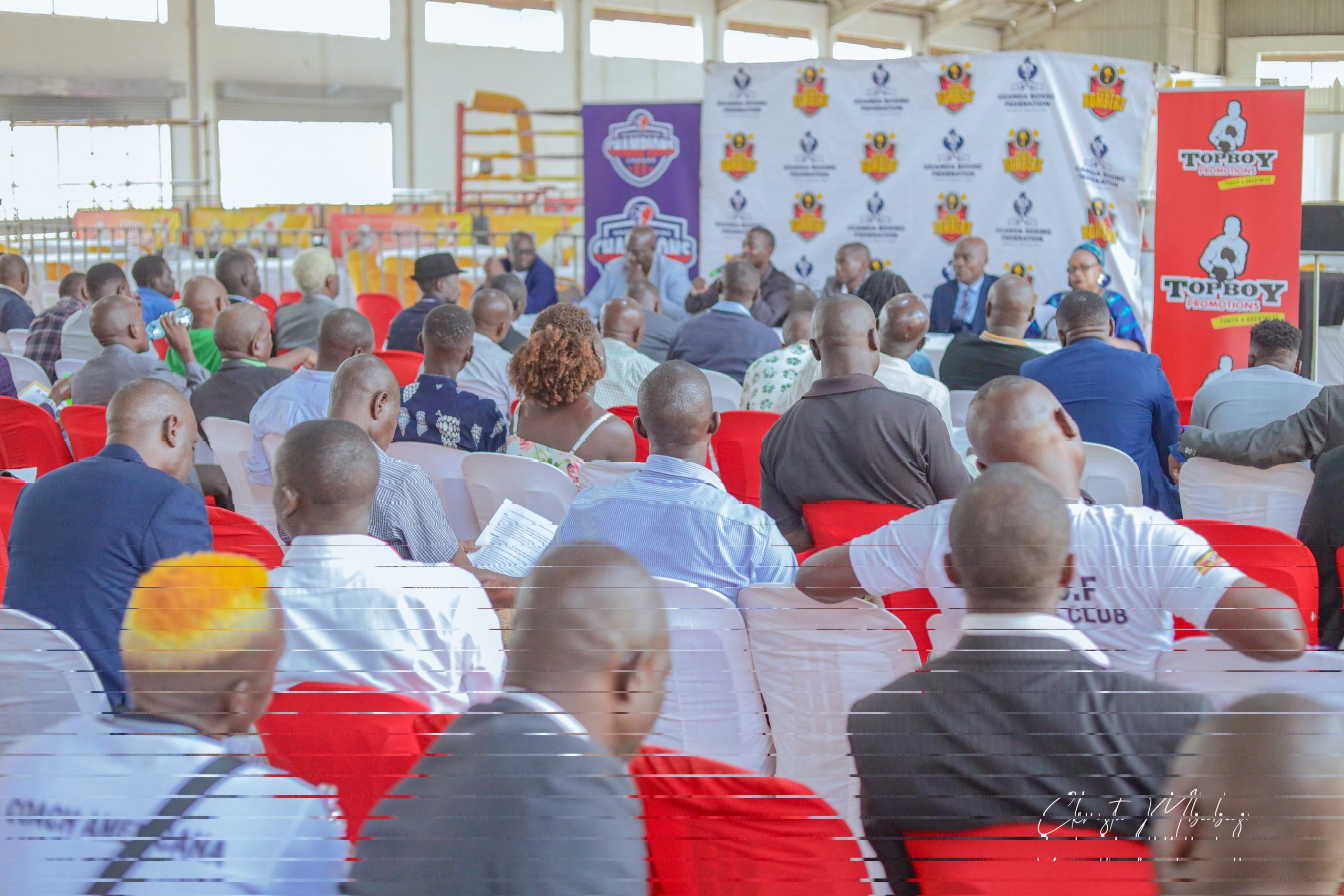
The Uganda Boxing Federation (UBF) has outlined its revenue streams for the upcoming year, anticipating funds from various sources, including:
Grants in Aid, merchandise sales, membership and subscription fees, support from the international federation, gate collections, tournament fees and sponsorships.
During his address as Assembly Chairman, UBF President Moses Muhangi presented a candid assessment of the Federation’s challenges throughout the year, with a primary focus on financial constraints.
“Out of the expected 265 million, we have only received 51 million from National Council of Sports. This has hindered our ability to fulfill our promises in the last calendar year,” President Muhangi stated.
The financial difficulties had a significant impact on national team activities, resulting in a lack of representation at prominent international championships, including the Olympics and World Boxing Championships across all age categories.
The UBF relied heavily on sponsorship funds, with 125 million received from Sting.
However, a significant portion of these funds were allocated towards taxes (10%), commission to deal brokers (18%), and payments to TopBoy and NBS (50%). Ultimately, only 9 million was deposited into the Federation’s account.
Despite these financial challenges, the UBF managed to host several events, including the Novice, Champions League, and capacity-building initiatives.
Notably, four coaches participated in AIBA star one and two grades, demonstrating the Federation’s commitment to development and growth.

Uganda Boxing Federation (UBF) President Moses Muhangi highlighted the financial struggles the organization faced, stating,
“We were hugely stressed in terms of finance. Due to limited funds, we were forced to cancel two championships of Cadate and National open.”
Despite these challenges, Muhangi emphasized the importance of discipline in the sport to restore its corporate image.
The UBF has made efforts to strengthen its financial foundation, with 23 clubs paying affiliation fees of 200,000 Ugandan shillings.
Each club was represented by two delegates, totaling 46 attendees from various clubs, including Namungoona, Army, UPDF, and Kololo.
The UBF’s financial struggles are not new, as evident from their 2020 Annual General Assembly, where they approved a 22 billion shilling budget, with a significant portion allocated towards administrative costs, national team development, and hosting international tournaments.
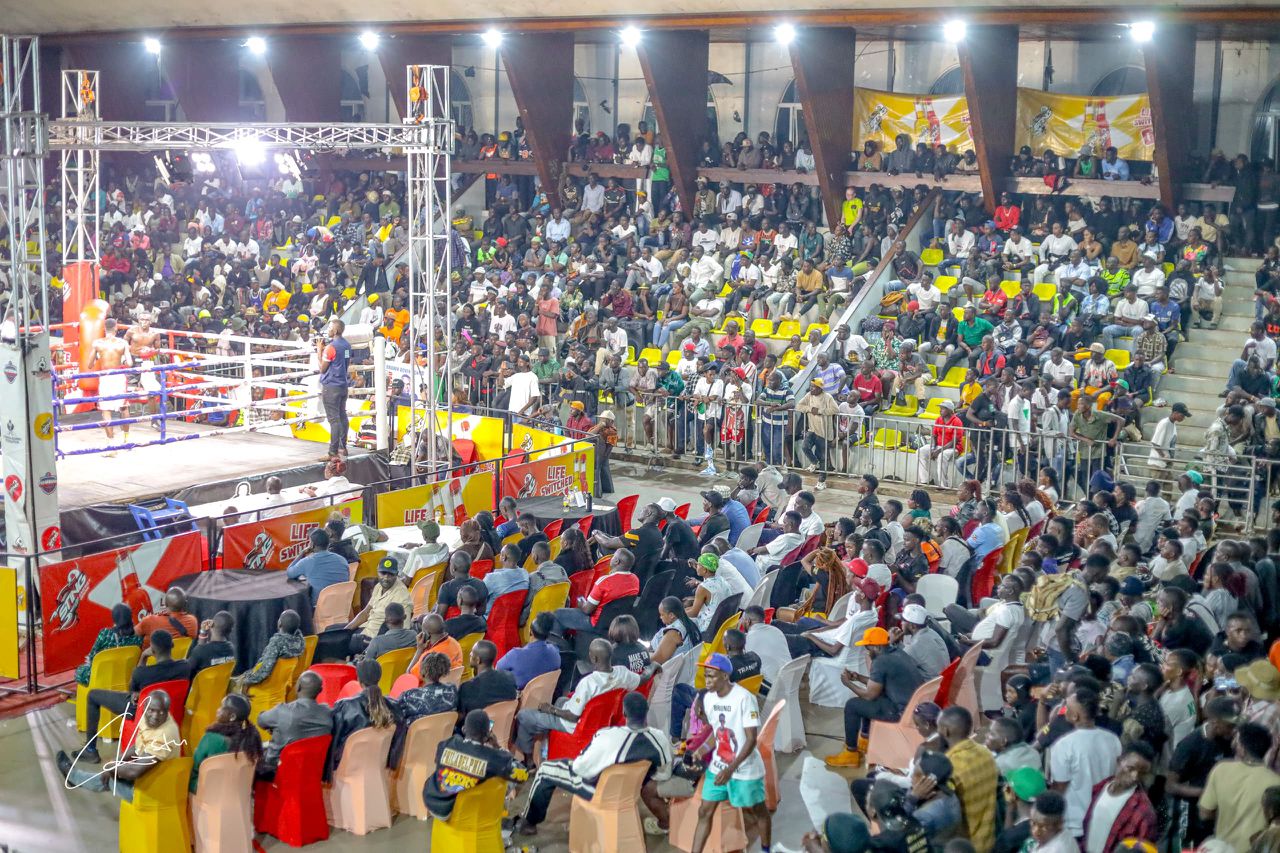
Muhangi unveiled a pivotal development in the realm of Ugandan boxing, as the Cuban government, through the Federation, will sponsor two coaches to embark on a benchmarking exercise in Cuba.
This initiative aims to replicate the Cuban model that has consistently produced top-notch boxers over the years.
In addition, Muhangi addressed the longstanding dispute between the International Olympic Committee (IOC) and AIBA, which ultimately led to the establishment of World Boxing, an IOC affiliate.
This new development prompted AIBA to amend its constitution, allowing National Federations to hold dual membership in two international bodies.
In a significant move, the Uganda Boxing Federation (UBF) assembly voted overwhelmingly in favor of adopting a dual international affiliation, with 44 out of 46 attendees supporting the motion.
Only two attendees opposed the resolution. This decision marks a crucial step forward for Ugandan boxing, as it seeks to strengthen its position on the global stage.




